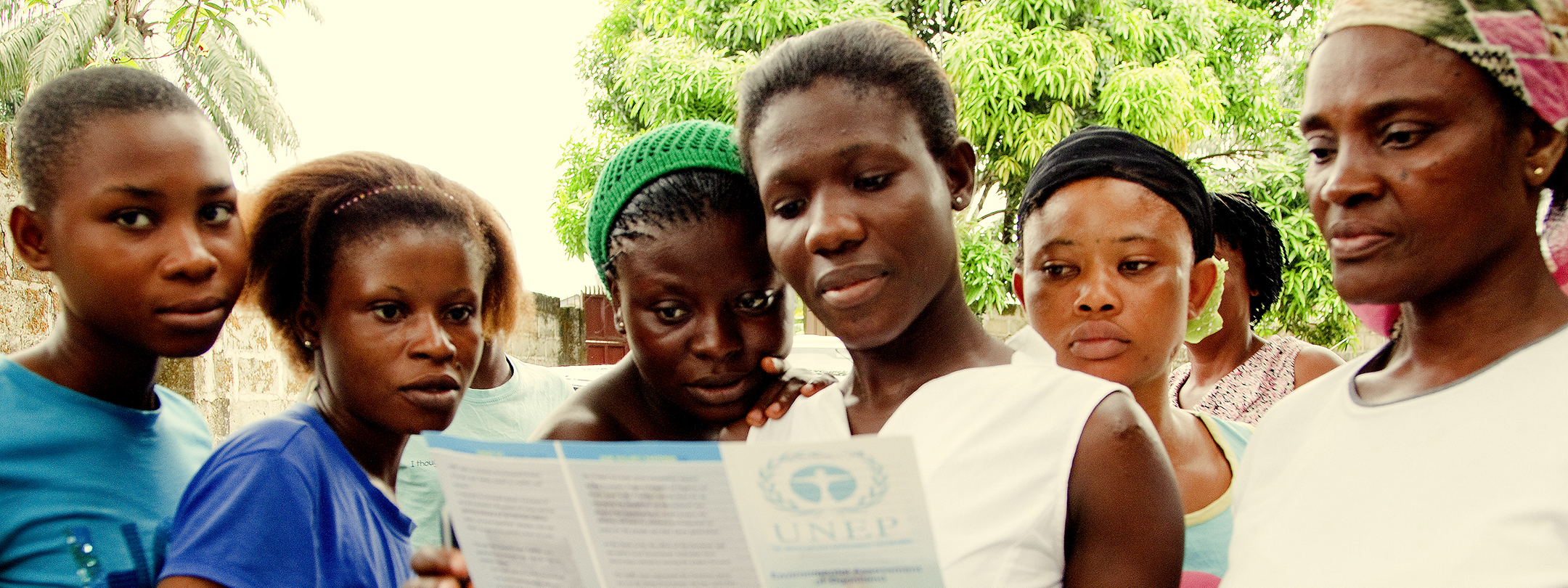The Ethical Tipping Points of Evaluators in Conflict Zones
Publisher: American Journal of Evaluation
Author(s): Colleen Duggan and Kenneth Bush
Date: 2014
Topics: Humanitarian Assistance, Monitoring and Evaluation, Programming
What is different about the conduct of evaluations in conflict zones compared to nonconflict zones—and how do these differences affect (if at all) the ethical calculations and behavior of evaluators? When are ethical issues too risky, or too uncertain, for evaluators to accept—or to continue—an evaluation? These are the core questions guiding this article. The first section considers how the particularities of conflict zones affect our ability to conduct evaluations. The second section undertakes a selective review of the literature to better understand how ethical issues have been addressed both in evaluation research and in evaluation manuals. The third section draws on a series of structured conversations with evaluators to probe more deeply into the ethical challenges they face in conflict zones—with a particular interest in the “ethical tipping points” of evaluators. The fourth section considers ways evaluation actors can manage ethical challenges in conflict zones, concluding with a brief discussion of how these issues might be located more centrally in evaluation research and practice.
